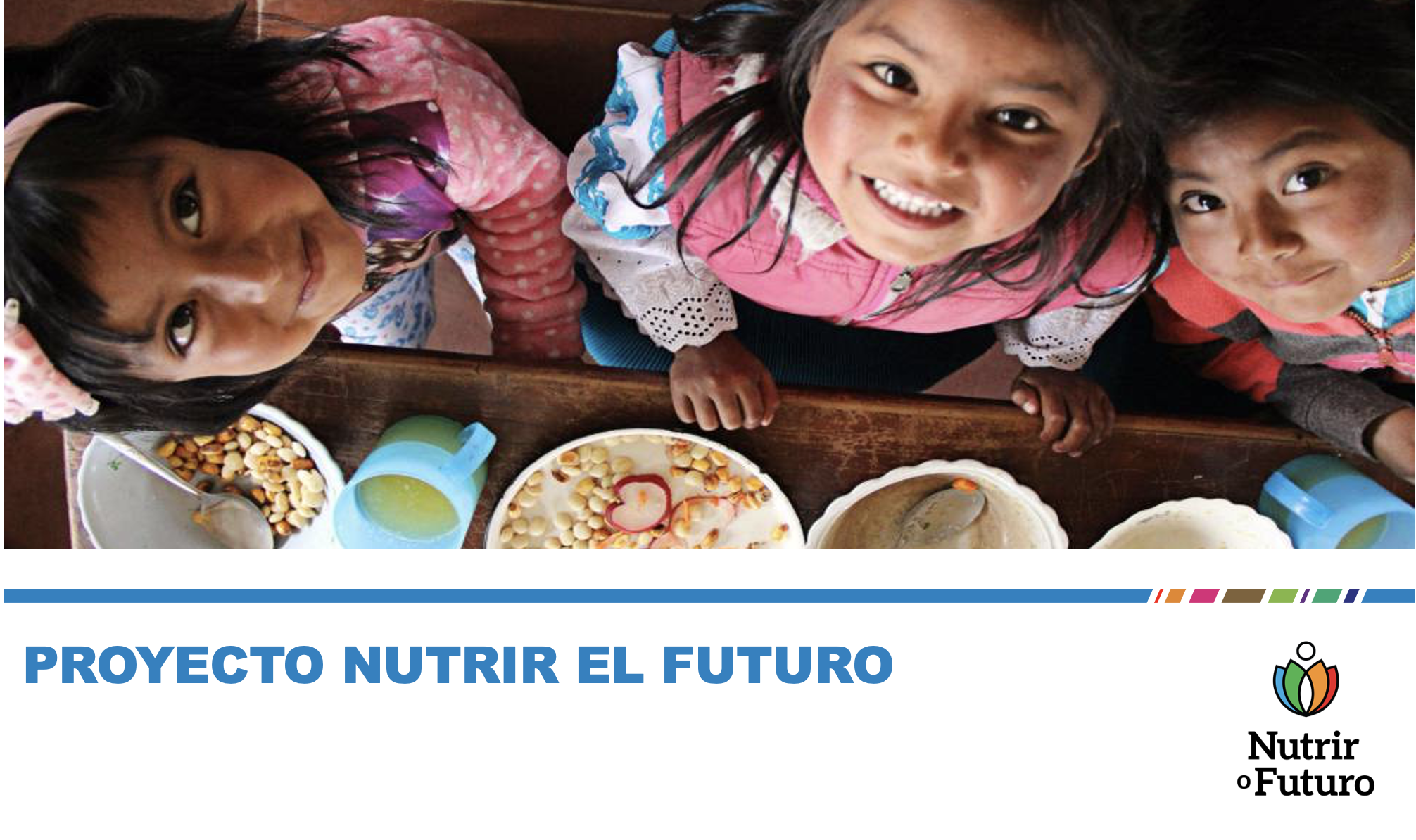
The 2nd International Seminar within the scope of the South-South Cooperation Project to tackle the Multiple Burden of Malnutrition in School-aged Children – Nurture the Future – took place between the 29th and the 31st of March 2021. The virtual event was organized by the WFP Centre of Excellence against Hunger in Brazil, in partnership with the Ministry of Health and the Brazilian Cooperation Agency (ABC). The seminar was attended by technical teams from Brazil, Colombia and Peru, cooperating countries in the project. “The seminar is timely considering the impacts caused by COVID-19 on the countries’ health and nutrition outlook,” said Daniel Balaban, Director of the WFP Centre of Excellence, who spoke at the event. “The Nurture the Future project will enable the development of evidence and the continuous promotion of the exchange of successful experiences to face the growing issue of child obesity”, he added.
During the event, the teams shared strategies adopted in their countries for the prevention and control of childhood obesity. The knowledge exchanges initiatives, which are taking place remotely, will contribute to the elaboration of a comparative analysis of the actions carried out in the countries and to the development of several products within the scope of the project, which include scientific papers and support materials for managers. The prevalence of childhood obesity is increasing in all countries and, as it is a multidetermined challenge, different measures are necessary to reduce these rates and to promote the health of the entire population.
The Brazilian team presented actions of food and nutritional surveillance that have monitored both nutritional status and food consumption to guide strategies from the local level (Primary Health Care) and in the national context. The team from Brazil also highlighted the multimedia campaign aimed at families to help them see the advantages of adopting an adequate and healthy diet, encouraging physical activity and reducing screen time for children. The team also presented PROTEJA (National Strategy for the Prevention and Control of Overweight and Childhood Obesity), an initiative that will foster effective interventions in cities and is scheduled for launch this year.
The Colombian team highlighted actions to promote the consumption of natural and fresh foods, mainly in the context of Primary Health Care. During the presentation, the country team shared advances and challenges in the implementation of regulatory measures, such as frontal nutrition labelling, restriction of sodium and saturated and trans fats, as well as food advertising and taxation. The country has also invested in the articulation with different sectors in the recognition of Colombian cuisine, through actions to rescue cultural traditions and spread the messages of its food guides.
Finally, Peru presented educational actions to promote breastfeeding and adequate and healthy food for children. The creation of healthy environments has been the focus of the main strategies for the control and prevention of obesity, through the promotion of physical and recreational activity in public spaces and investment in the construction of cycle paths. In addition to the implementation of several strategies, the country also fosters scientific production to generate evidence regarding the evaluation of the effectiveness of the recent food regulatory standards and educational interventions in schools.




